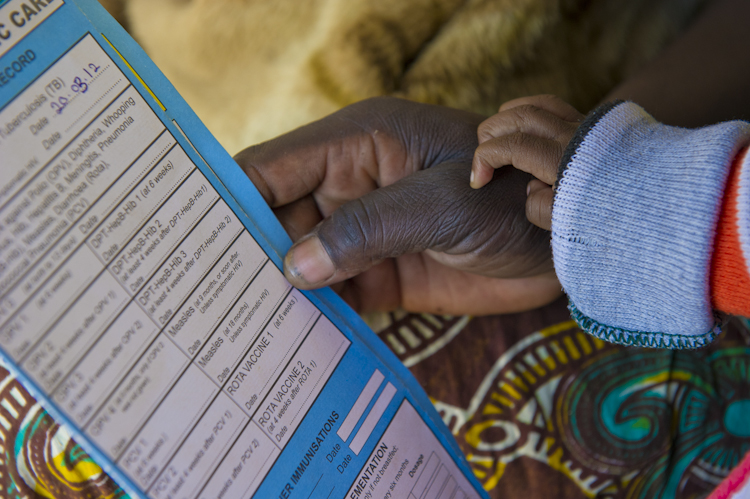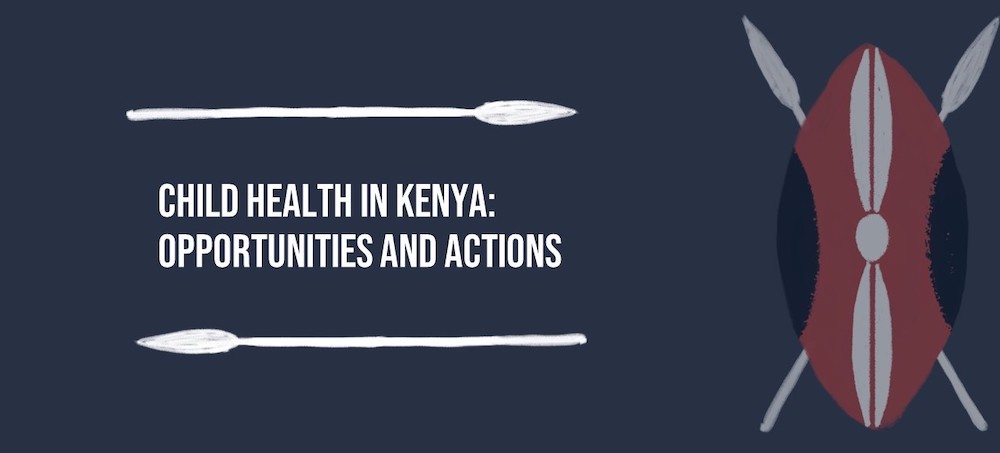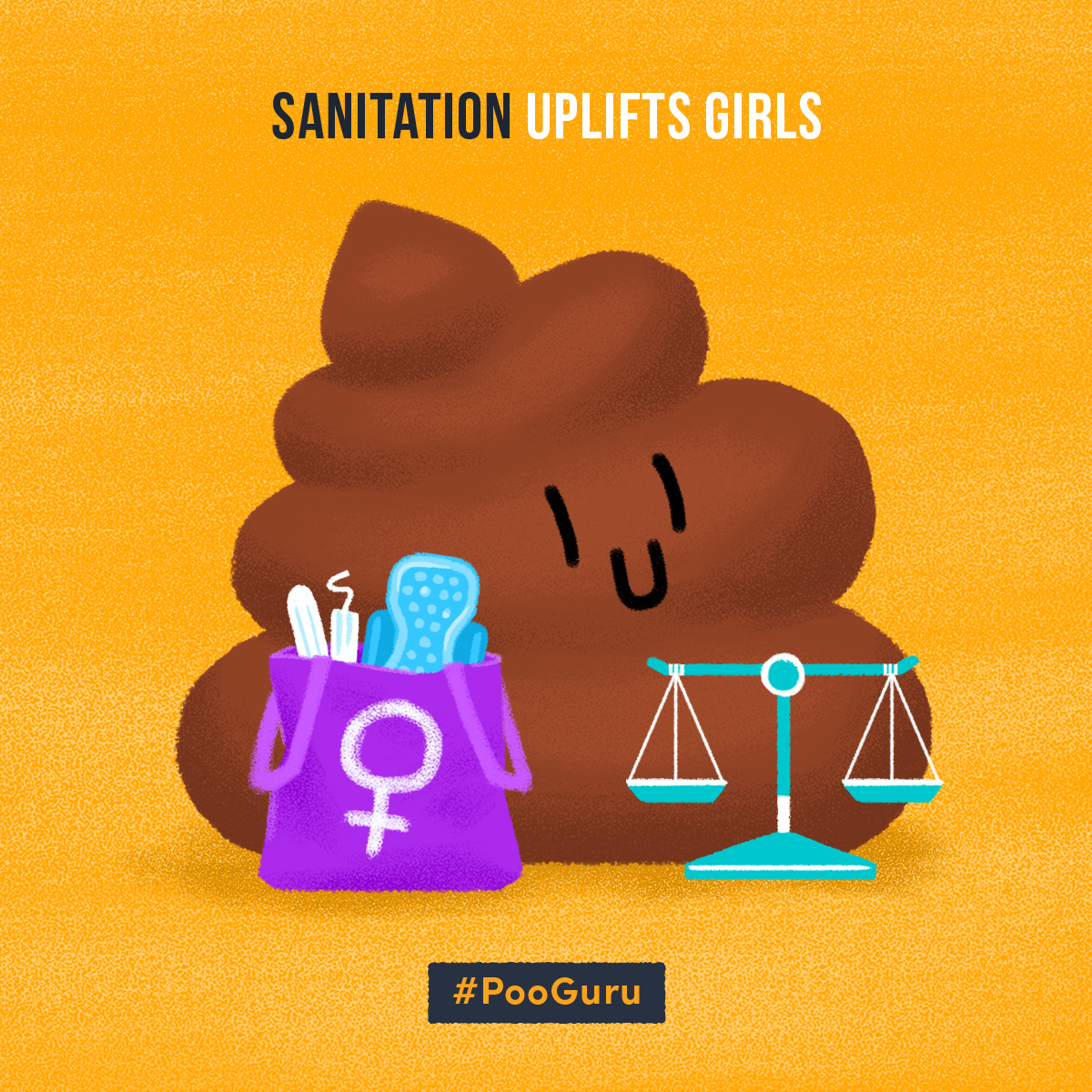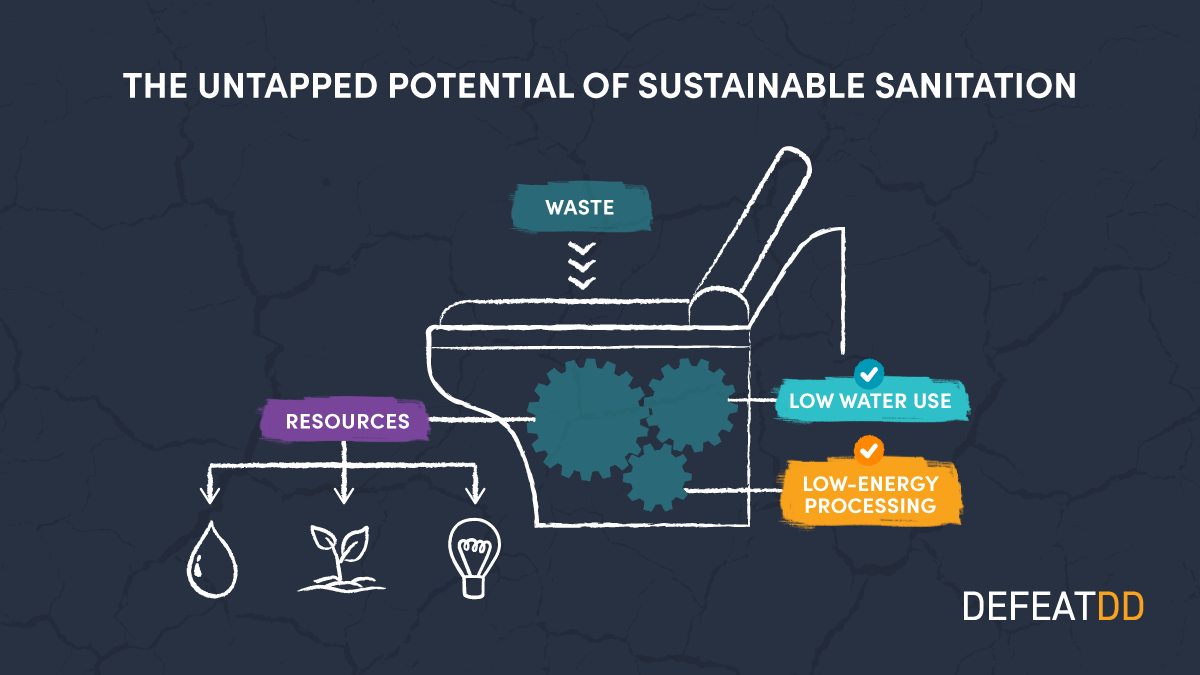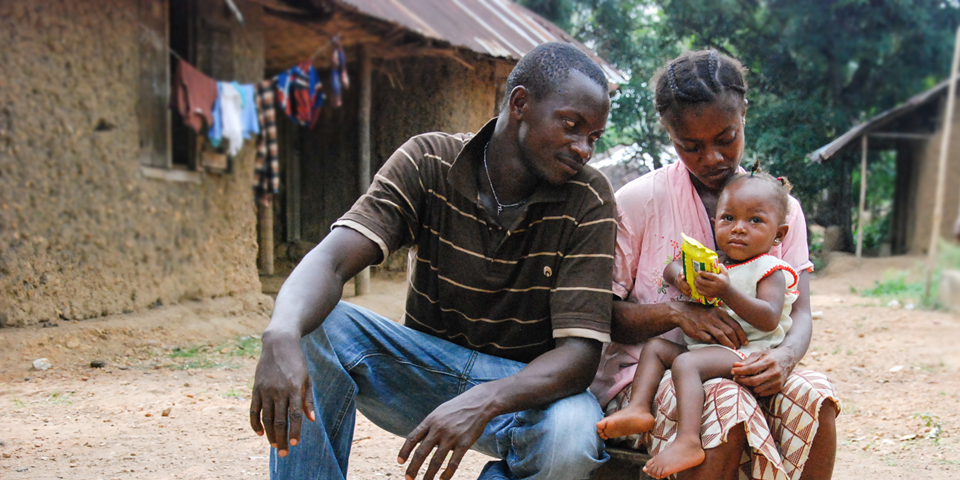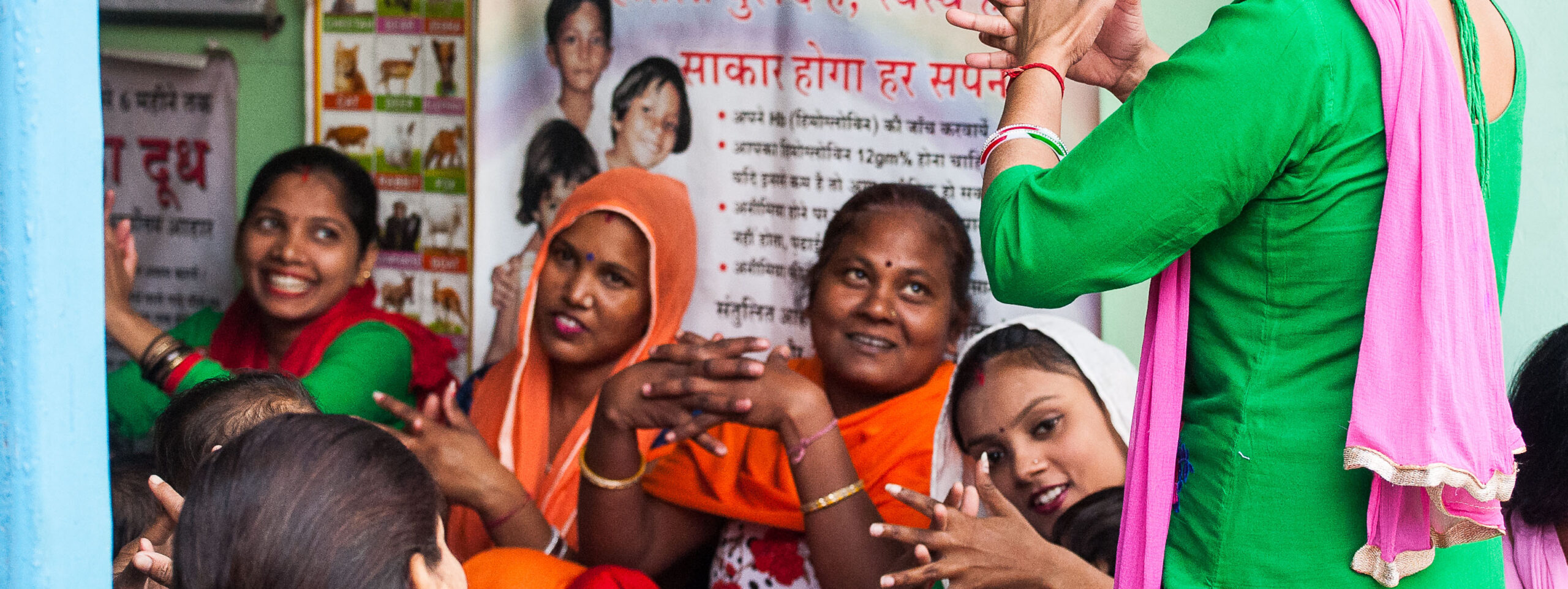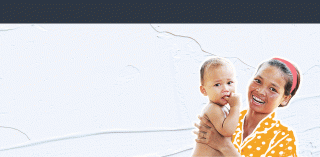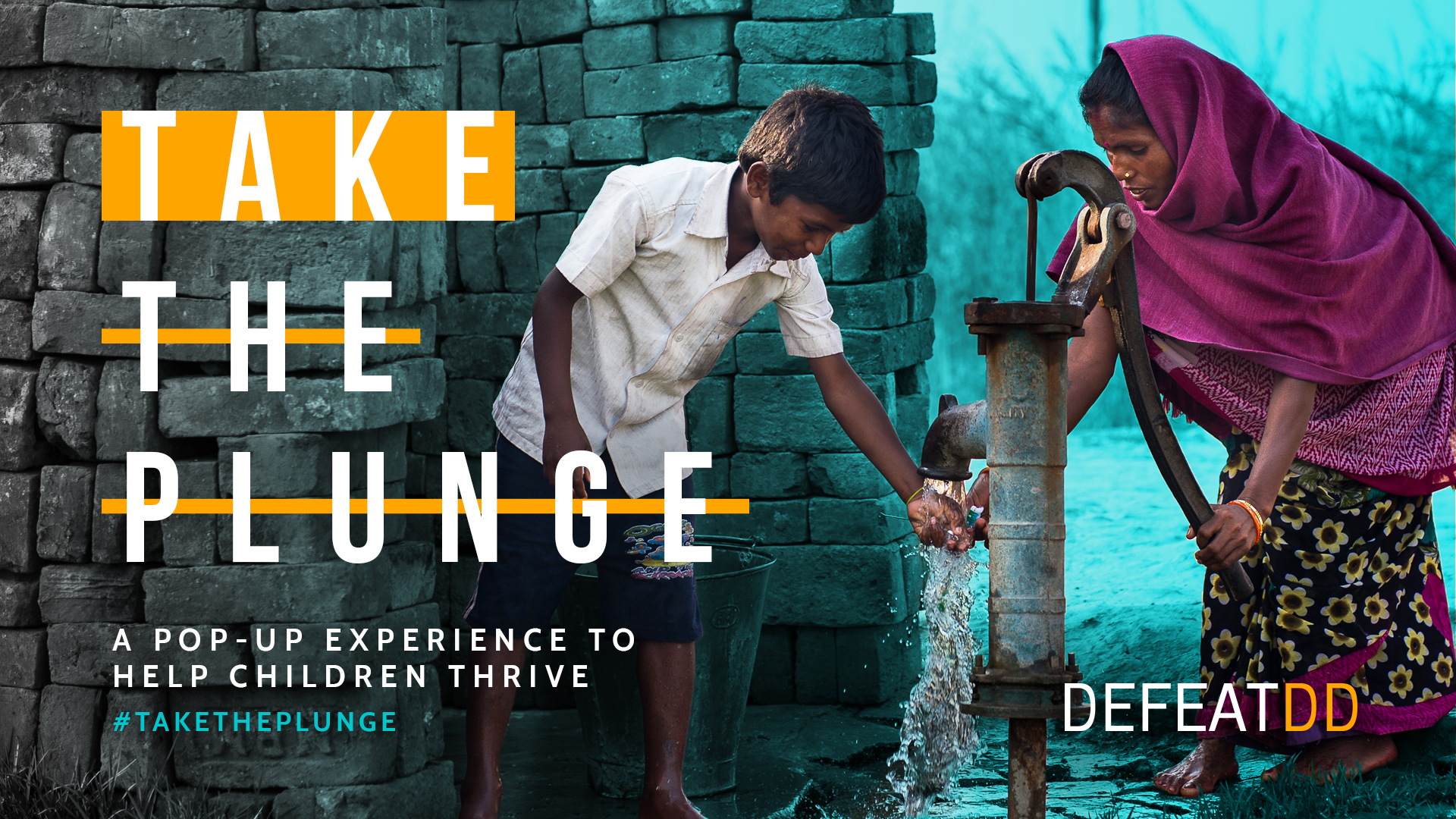Welcome to PATH’s Defeat Diarrheal Disease Initiative. We’re a convener of diverse stakeholders who work to raise awareness about the burden of diarrheal disease and the power of simple, cost-effective, and proven prevention and treatment solutions.
We’re here because the current levels of awareness and attention to diarrheal disease don’t match the scope of the problem. Though child mortality rates have been cut in half since 1990, diarrhea still kills half a million children per year.
This global health crisis has not one but many solutions, and technical guidance from the World Health Organization (WHO) and UNICEF calls for investing in multiple tools, including rotavirus vaccines; oral rehydration solution (ORS) and zinc; breastfeeding; nutrition; water, sanitation, and hygiene.
Countries on the front lines of the crisis say the same thing.
In 2008, rotavirus vaccines were on the verge of World Health Organization approval for use in poor countries, where the burden is highest. PATH met with health ministers in several countries to explain the burden of rotavirus and share data on the forthcoming vaccine and its potential to protect their children. Once they understood that rotavirus was the deadliest form of childhood diarrhea, they were enthusiastic about the promise of the vaccine. They knew diarrhea was a severe problem in child health even if they didn’t know the specific name of the virus causing most severe infections. “But,” they said, “we also need to address the problem of diarrheal disease more broadly, and not just with vaccines.”
We’re here to call for the investment in these tools with one voice. Integrating advocacy, funding, and programs to defeat diarrheal disease is a learning process. Approaches must vary among settings, but it always starts the same way: with conversation. We hope you’ll join us here as we share the latest research, trends, and questions as we build insights to defeat diarrheal disease together.



